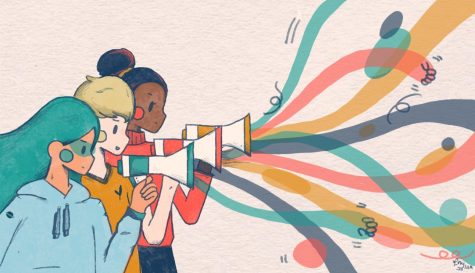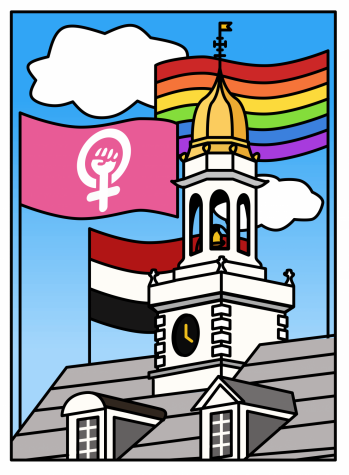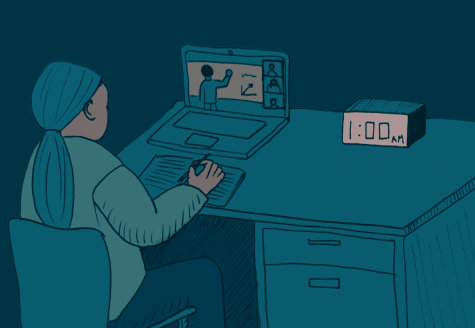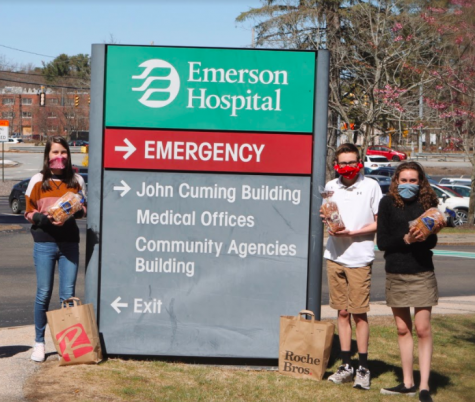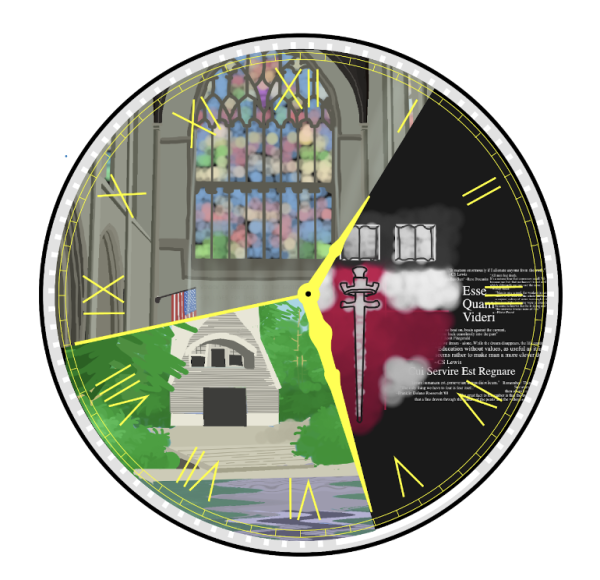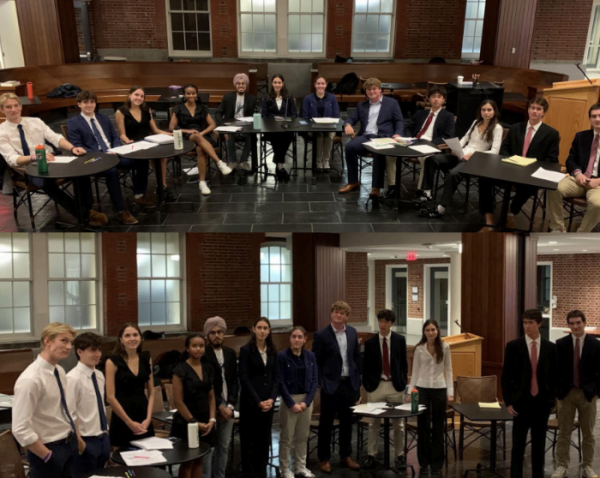Debate’s Winter Debut
Groton’s Debating Society made its debut this term at Buckingham Browne & Nichols School (BB&N) on Sunday, December 2nd. Two novice and two advanced teams each consisting of two debaters attended the debate.
The BB&N debate, unlike previous debates this scholastic year, included a round of impromptu speaking and interpretative reading following just two rounds of Parliamentary extemporaneous debate. In addition, the top three individual speakers all received an opportunity to attend the World Individual Debating and Public Speaking Championships, an annual international debating and public speaking tournament for individual high schoolers. Parliamentary extemporaneous debate, the most common format Groton students encounter, consists of a five-minute introduction, three eight-minute speeches, and one three-minute rebuttal. The impromptu speaking section, however, was new to many of the Groton debaters. Three random topics––formatted as a word, a quote, and a phrase, respectively––were given to each participant. After choosing a topic, each participant was given two minutes to prepare a three- to five-minute speech. Speakers were not required to argue for the topic, but all arguments were graded for their humor, philosophy, sentiment, and absurdity. Judges were also looking for original, on-the-spot creativity because speakers were not allowed to bring any notecards into their speech. The goal of the impromptu speeches was to entertain the audience without simply telling a story. Also, speakers were not permitted to use prepared ideas. The interpretative reading section was also new to debaters. Each speaker was tasked with choosing a fictional piece of his or her choosing and then presenting it. This competition tested which speakers were able to use their voice and tone to create an engaging performance. Many speakers chose excerpts out of books such as To Kill A Mockingbird and Nineteen Eighty-Four.
To prepare for the debate, the teams practiced under the guidance of Latin teacher Andy Reyes and math teacher Michael Gnozzio. Practice included having Groton teams debate against each other and receive comments from Mr. Gnozzio and Dr. Reyes. Debaters also practiced impromptu speaking by speaking on topics previously used for the competition. Lastly, each debater performed their interpretive reading before the rest of the team to practice and receive feedback.
Though neither the team nor individual speakers placed in the top three at the tournament, many still performed well. Erin Dollard ‘20 for instance, tied as the third-best individual speaker, but due to a scoring system that does not allow ties, she did not receive any awards and thus did not qualify for the World’s Debate tournament.
Julia Kendall ‘19, one of the two Groton Debating Society Presidents, reflected about the debate, “The team did relatively well, and we hope to do even better next time. It was our first time this year competing with events like interpretive reading and impromptu speaking and we didn’t have too much practice with it, so I’m looking to getting more used to that style of debate.” Wally Capen ‘22, a first-time debater at the tournament, added, “I’m really glad I went to this. I hope to do it again soon.”


